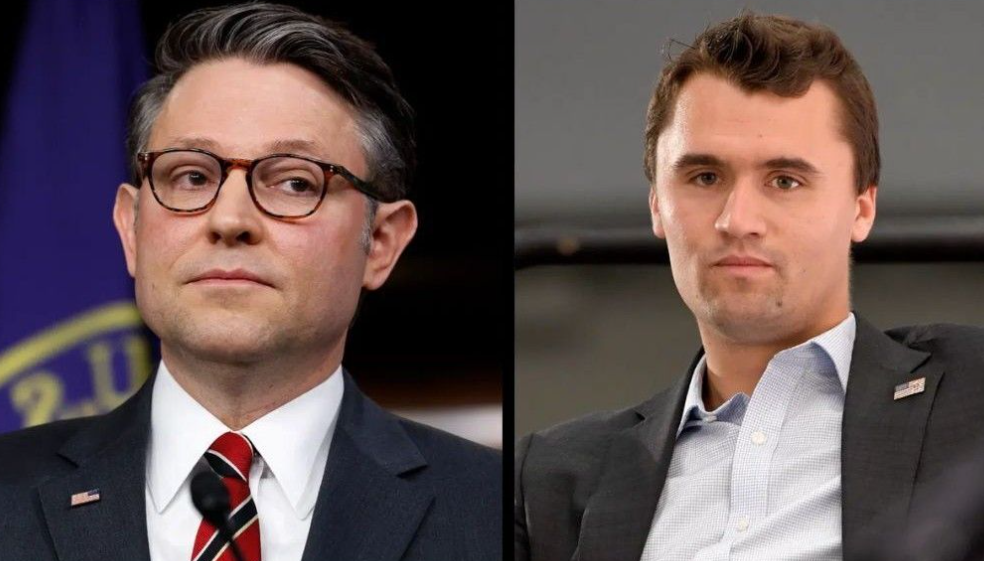Twenty-three Republican members of the House of Representatives have come forward with a unified and urgent demand, calling for the creation of a special congressional committee that would be tasked with investigating what they describe as dangerous and highly coordinated “radical left” networks operating across the country. This forceful request, announced in the wake of conservative commentator Charlie Kirk’s shocking assassination, has already ignited fierce debate in Washington and beyond. The lawmakers insist that the scope of the committee must be far-reaching and equipped with full subpoena power, enabling them to compel testimony, secure documents, and scrutinize the flow of funding behind activist groups and political donors who, in their view, have long fueled unrest and violence targeting conservatives.
The group, led by Representative Chip Roy of Texas, has singled out organizations such as Antifa and high-profile figures like George Soros, pointing to them as examples of networks and donors who, they claim, have played an outsized role in encouraging hostility toward conservative voices. According to these Republicans, the assassination of Kirk is not an isolated tragedy but part of a broader pattern of politically motivated aggression that has been escalating for years. They argue that, without decisive action, the political climate will grow even more unstable, leaving public figures and ordinary citizens vulnerable to ideologically driven attacks.
In their joint statement, the Republicans expressed outrage not only at the murder itself but also at what they perceive as a double standard in how acts of violence are reported and investigated depending on the political affiliations of the victims. For them, Kirk’s killing represents a grim turning point—a moment that should awaken the entire nation to the dangers of unchecked radicalism. “This is about the future of democracy and the safety of every American who dares to speak their mind,” one member declared, underscoring the sense of urgency within their ranks.
Democrats, for their part, have responded to the tragedy with measured but firm voices. While they condemned the brutal killing of Charlie Kirk and extended condolences to his family, they cautioned against what they described as an attempt to exploit the crime for partisan advantage. Prominent Democratic leaders emphasized that politicizing an ongoing investigation would only deepen national divisions at a time when unity and respect for the law should take precedence. Some accused Republicans of seizing upon a devastating loss to push forward a political agenda, while others warned that creating a special committee under such heated circumstances might compromise the integrity of the justice system.
Meanwhile, local law enforcement has already made significant progress in the case. Authorities quickly identified 22-year-old Tyler Robinson as the prime suspect in the fatal shooting that occurred at Utah Valley University, where Kirk had been scheduled to deliver a high-profile speech. According to police reports, Robinson acted alone, though the investigation remains active as officials seek to determine what motivated him and whether he had any ties to larger networks of political extremism. The suspect was taken into custody following a tense manhunt, and prosecutors are preparing charges that could carry the most severe penalties under state law.
The assassination itself has left a deep scar on the nation’s political landscape. For supporters of Charlie Kirk, a prominent voice within the conservative movement, the news was devastating, striking at the heart of a community already feeling under siege. Candlelight vigils, online tributes, and emotional statements from colleagues have poured in, illustrating just how much Kirk’s presence meant to many. To them, his death is not just a personal loss but also a symbolic reminder of the dangerous climate facing outspoken conservatives in today’s polarized society.
As Washington braces for what could become a prolonged battle over how to address political violence, the country finds itself once again at a crossroads. The Republicans pushing for a special committee believe the moment calls for decisive, unprecedented measures. Democrats insist the focus should remain on justice for Kirk and accountability for his killer, without spiraling into accusations that risk inflaming tensions further. Somewhere between these competing narratives lies the unresolved question: will the nation confront political violence as a shared crisis, or will it allow partisan divisions to harden into deeper fault lines?
For now, one fact is indisputable: the assassination of Charlie Kirk has shaken both the halls of Congress and the broader American public. The coming weeks will determine whether this tragedy becomes a rallying cry for unity against extremism—or yet another flashpoint in the ever-growing storm of political division.
